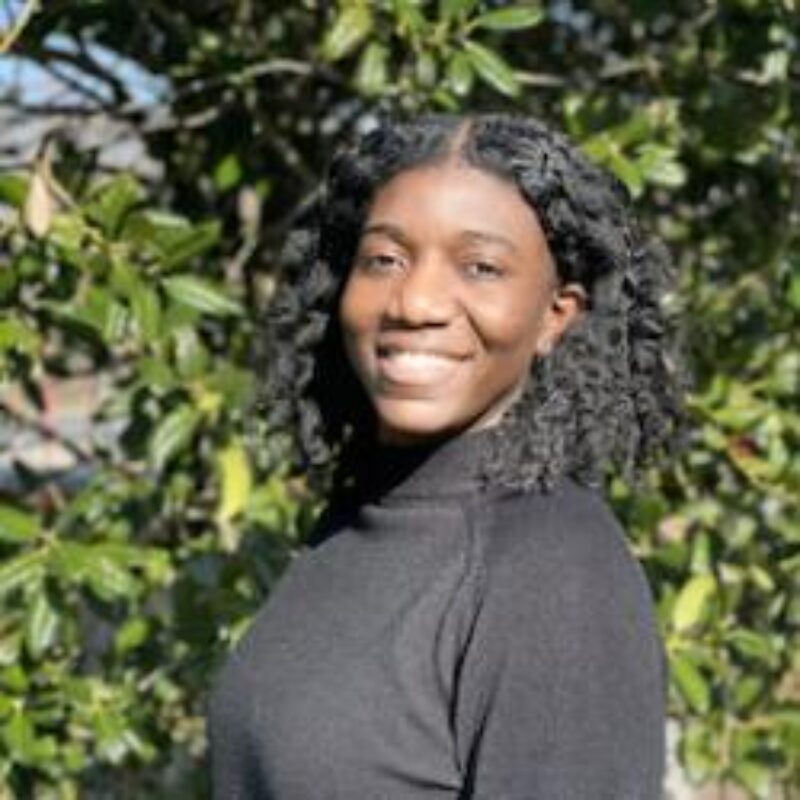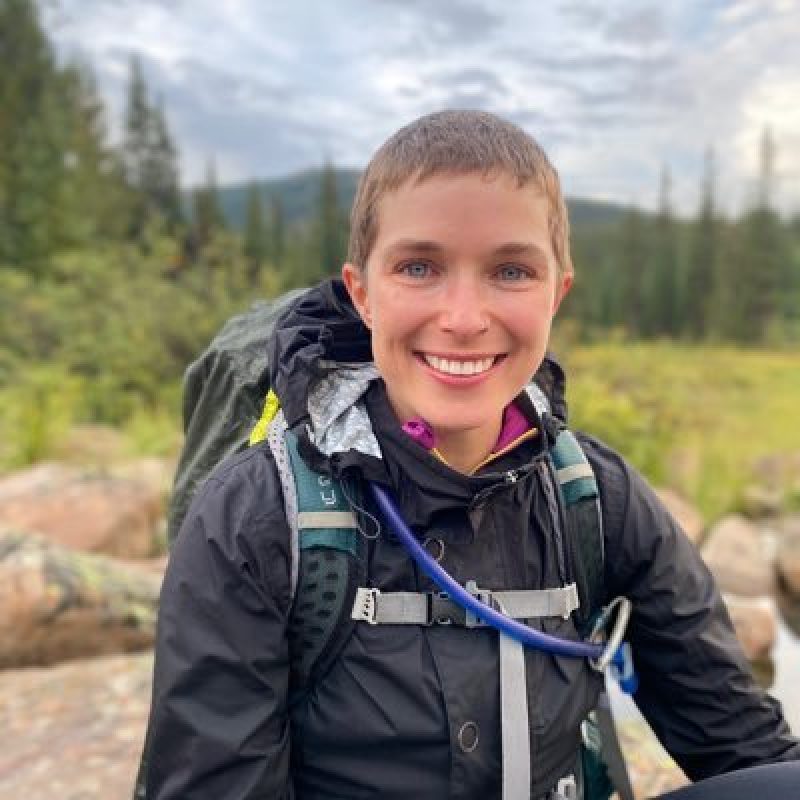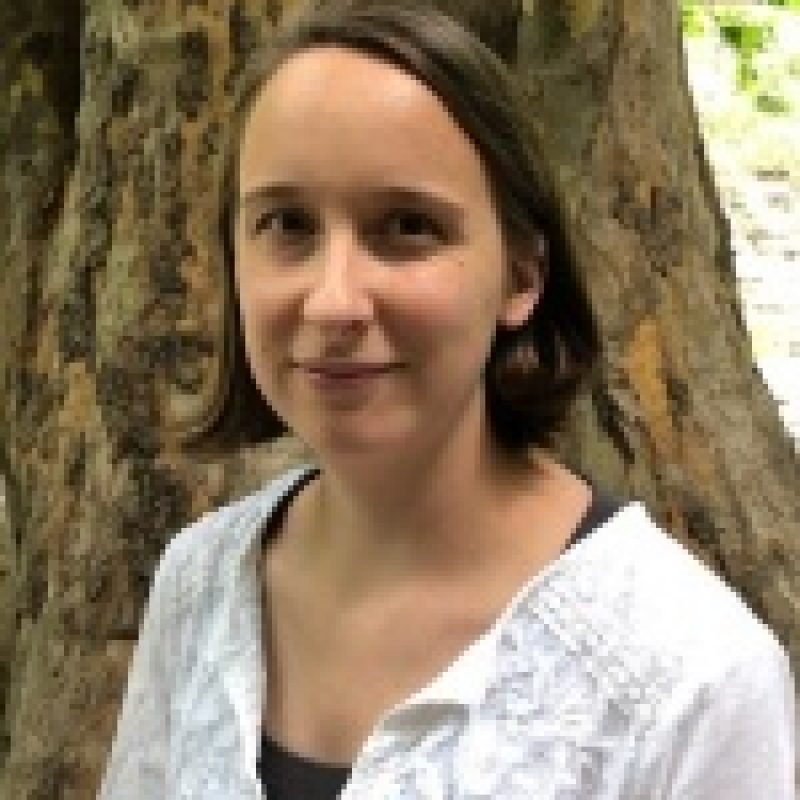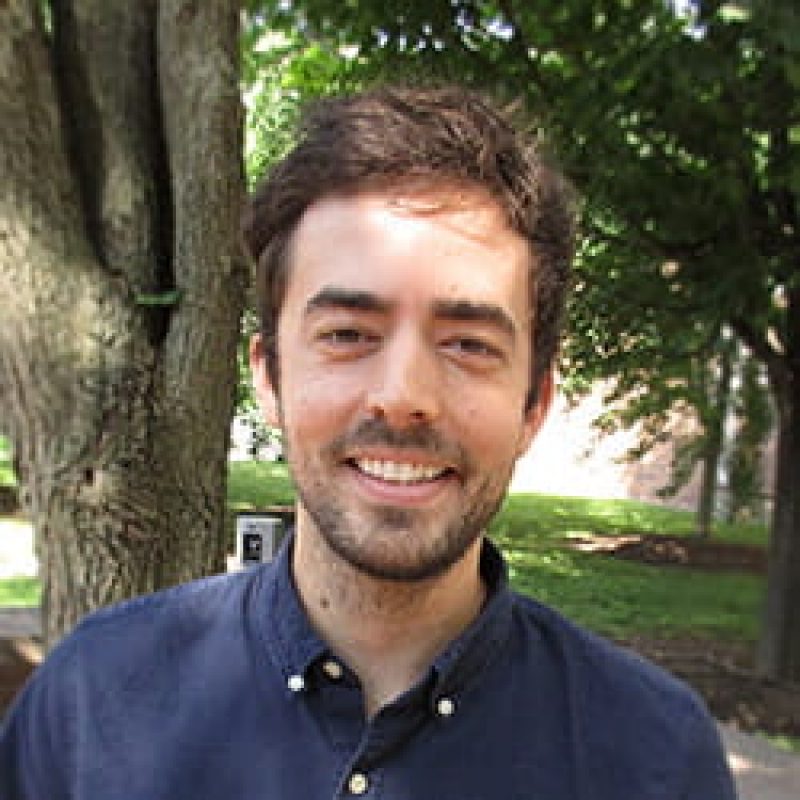Role: Potential Undergraduate Mentor
-

Lisa-Marie Nisbett
The Nisbett lab is interested in determining the mechanisms of pathogenesis of clinically significant yet critically understudied bacterial pathogens such as nontuberculous mycobacteria (NTM). In the clinic, NTM infections have become increasingly problematic as they are the primary cause of pulmonary lung infections, and are difficult[...] -

Melanie Filiatrault
We focus our research efforts on discovery and molecular characterization of bacterial factors involved in bacterial-plant interactions, with particular interests in bacterial signaling systems and small non-coding RNAs. Another area of research is the development of new management strategies for bacterial pathogens. We use a[...] -

Aisha Burton
We look to elucidate the mechanisms through which small proteins, approximately 50 amino acids in length, contribute to the regulation of stress responses in bacteria, with a particular focus on E. coli and B. subtilis. Our research revolves around exploring the role of these small[...] -

Andrew Flyak
The Flyak lab studies human antibody response to viral pathogens. We try to answer questions like, how do human antibodies neutralize rapidly mutating viruses? And, how can we design vaccines that mimic effective antibody responses seen in some individuals? In our lab, we isolate antibodies[...] -

Marian Schmidt
The Schmidt lab focuses on microbial community diversity, metabolic activity, and genome evolution in aquatic environments. Students will gain experience with microbial ecology and computational tools. As an example project, students can characterize the microbial communities in marine sediments associated with oyster beds to understand[...] -

Heather Feaga
The Feaga Lab uses structural, biochemical, and omics approaches to study bacterial ribosomes. Our research aims to identify new protein factors that interact with ribosomes and that keep protein synthesis running smoothly. Students will use transposon mutagenesis coupled to deep sequencing (Tn-Seq) to identify genes[...] -

Lori Huberman
The Huberman lab uses genetic and genomic techniques to study the genetic mechanisms used by fungi to sense and respond to the nutrients in their environment. Student projects will include performing genetic screens to identify genes important in nutrient sensing and using genetic and genomic[...] -

Luis Schang
Dr. Schang uses small molecules with drug-like properties to probe the ways viruses cause infections. He is most interested in finding common features among the many viruses that cause disease in animals or humans, including how they enter cells and how they replicate and cause[...] -

Andrew Moeller
We study the evolution of vertebrate gut microbes. Our work focuses on the co-evolutionary histories of animals and their microbiota using a combination of omics approaches, gnotobiotic experiments, and field studies. Students will gain experience in anaerobic bacterial culturing, genome sequencing workflows, and comparative genomics bioinformatics[...] -

Scott McArt
We study how pathogens influence pollinator health. Students collect data on plant-pollinator visitation networks, pathogen prevalence in bees and at flowers, pathogen replication and impacts on host survival, or conduct manipulative experiments to understand transmission parameters. The overall goal of our work is to improve[...]
